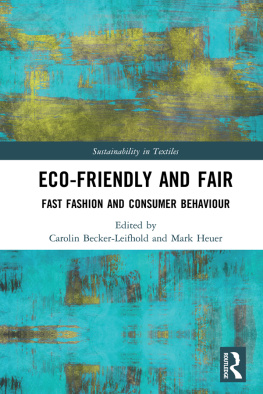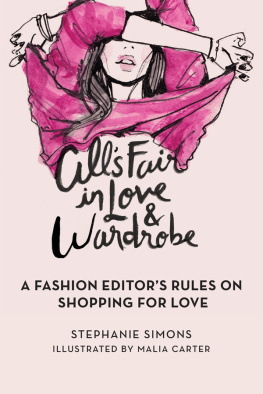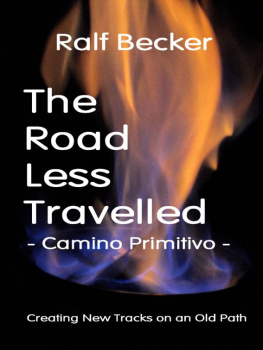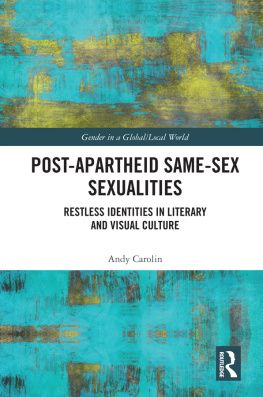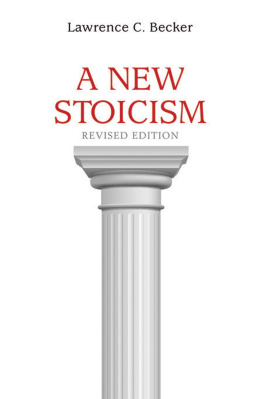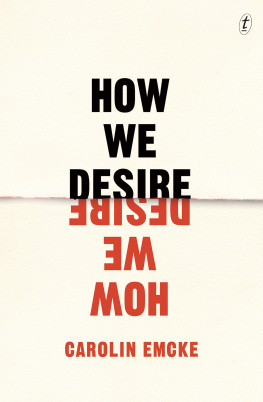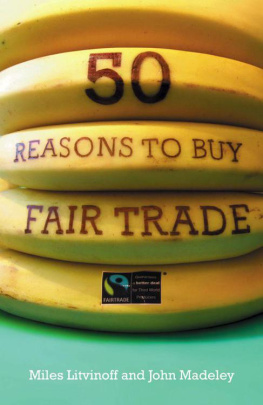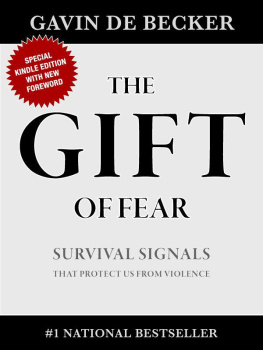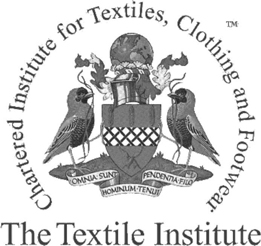The make-take-waste paradigm of fast fashion explains much of the producer and consumer behaviour patterns towards fast fashion. The evolution from a two-season fashion calendar to fast fashion, characterized by rapid product cycles from retailers and impulse buying by consumers, presents new challenges to the environment, workplace and labour practices.
This book provides a comprehensive overview of new insights into consumer behaviour mechanisms in order to shift practices towards sustainable fashion and to minimize the negative impacts of fast fashion on the environment and society. Concepts and techniques are presented that could overcome the formidable economic drivers of fast fashion and lead towards a future of sustainable fashion.
While the need for change in the fashion industry post-Rana Plaza could not be more obvious, alternative and more sustainable consumption models have been under-investigated. The paucity of such research extends to highly consumptive consumer behaviours regarding fast fashion (i.e. impulse buying and throwaways) and the related impediments these behaviours pose for sustainable fashion.
Written by leading researchers in the field of sustainable fashion and supported by the Textile Institute, this book evaluates fashion trends, what factors have led to new trends and how the factors supporting fast fashion differ from those of the past. It explores the economic drivers of fast fashion and what social, environmental and political factors should be maintained, and business approaches adopted, in order for fast fashion to be a sustainable model. In particular, it provides consumer behaviour concepts that can be utilized at the retail level to support sustainable fashion.
Sustainability in Textiles
Series Editor: Rebecca Unsworth
The Textile Institute
The Textile Institute and Greenleaf Publishing have partnered to produce a ground-breaking new book series titled Sustainability in Textiles. As the second largest industry in the world, textiles and textile production have a huge impact on the environment, the people who work within the industry and the development of business and government policy at a global level.
The Textile Institute, the worlds leading institution for the industry, defines Sustainable Textiles and Apparel in the following ways:
- Safe for humans and the physical environment;
- Made from renewable materials;
- Produced through making the most efficient use of resources such as water and energy;
- Manufactured by people employed in decent working conditions;
- Capable of being washed at low temperature using environmentally friendly laundering agents;
- Capable of being returned safely to the environment at the end of their useful life.
(Performance Apparel Market, 2009)
Eco-friendly and Fair
Fast Fashion and Consumer Behaviour
Carolin Becker-Leifhold and Mark Heuer
First published 2018
by Routledge
2 Park Square, Milton Park, Abingdon, Oxon OX14 4RN
and by Routledge
711 Third Avenue, New York, NY 10017
Routledge is an imprint of the Taylor & Francis Group, an informa business
2018 selection and editorial matter, Carolin Becker-Leifhold and Mark Heuer; individual chapters, the contributors
The right of Carolin Becker-Leifhold and Mark Heuer to be identified as the authors of the editorial material, and of the authors for their individual chapters, has been asserted in accordance with sections 77 and 78 of the Copyright, Designs and Patents Act 1988.
All rights reserved. No part of this book may be reprinted or reproduced or utilised in any form or by any electronic, mechanical, or other means, now known or hereafter invented, including photocopying and recording, or in any information storage or retrieval system, without permission in writing from the publishers.
Trademark notice: Product or corporate names may be trademarks or registered trademarks, and are used only for identification and explanation without intent to infringe.
British Library Cataloguing-in-Publication Data
A catalogue record for this book is available from the British Library
Library of Congress Cataloging-in-Publication Data
Names: Becker-Leifhold, Carolin, author. | Heuer, Mark, 1954 author.
Title: Eco-friendly and fair : fast fashion and consumer behaviour / Carolin
Becker-Leifhold and Mark Heuer.
Description: 1 Edition. | New York : Routledge, 2018. | Includes
bibliographical references.
Identifiers: LCCN 2017053104 | ISBN 9781783538201 |
ISBN 9781351058353 (eISBN)
Subjects: LCSH: Fashion merchandising. | Consumer behavior.
Classification: LCC HD9940.A2 B43 2018 | DDC 746.9/20688dc23
LC record available at https://lccn.loc.gov/2017053104
ISBN: 978-1-783-53820-1 (hbk)
ISBN: 978-1-351-05835-3 (ebk)
Typeset in Times New Roman
by Apex CoVantage, LLC
Contents
CAROLIN BECKER-LEIFHOLD AND MARK HEUER
PART I
The fast fashion phenomena and its consequences from a sustainability point of view
NORA LOHMEYER AND ELKE SCHLER
SHIPRA GUPTA AND JAMES W. GENTRY
PART II
Fast fashion and the consumer
MARK SUMNER
ZARA BERBERYAN, SARAH MARGARETHA JASTRAM AND BARRY A. FRIEDMAN
KIRSI NIINIMKI
ROSE HIQUET, JOHANNA BRUNNEDER AND WON-YONG OH
CHRISTOPHER J. PARKER AND CLAUDIA E. HENNINGER
PART III
Alternative models for a sustainable fashion consumption
TRACY DIANE CASSIDY
HEIKE DERWANZ
MARIUM DURRANI
ENRICO FONTANA
MARY CONWAY DATO-ON AND ISABEL ARTEMIS WALKER
NAOMI BRAITHWAITE AND ANNIKA SCHLEMANN
MARY S. RUPPERT-STROESCU
SAMIRA IRAN AND SONJA M. GEIGER
PART IV
Supply chain insights
DENIS BOZIC AND ALEXIS H. BATEMAN
GABRIELA AMOROZO FRANCISCO AND SYLMARA GONALVES-DIAS
NIKA SALVETTI AND ANDR NIJHOF
CAROLIN BECKER-LEIFHOLD AND MARK HEUER
Guide
Alexis H. Bateman is Director of the MIT Responsible Supply Chain Lab and a Research Associate at MIT Center for Transportation and Logistics. She has been examining sustainable supply chains for over 10 years with a recent focus on apparel. She received her PhD from the School of Social Ecology at the University of California, Irvine in Environmental Planning and Management and her Masters degree in Urban and Regional Planning.
Zara Berberyan is a PhD student and research assistant at HSBA Hamburg School of Business Administration at the chair of International Business Ethics & Sustainability. She holds a Masters degree in Business Administration from the American University of Armenia. Before her academic career she worked as leading marketing specialist and public relations specialist in Armenia.

